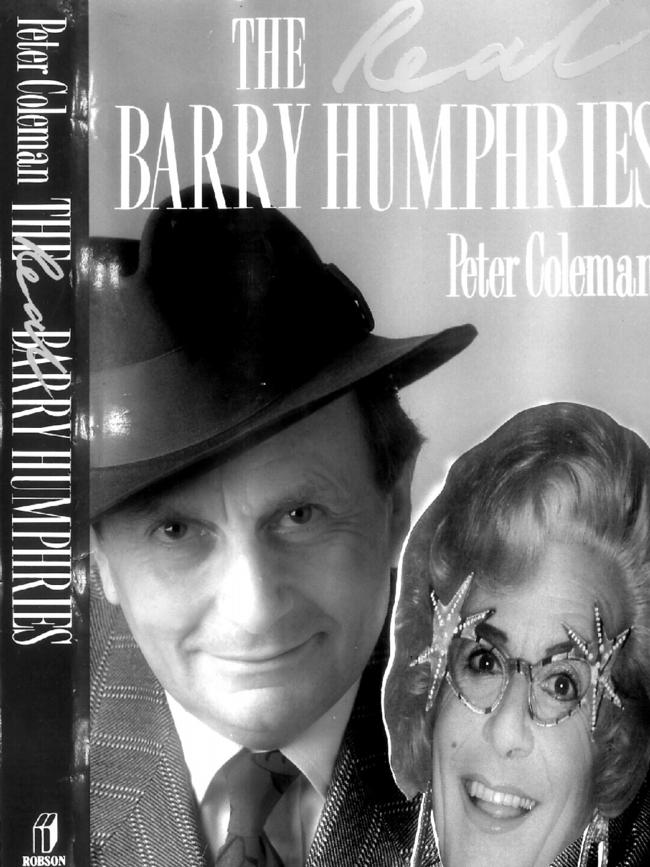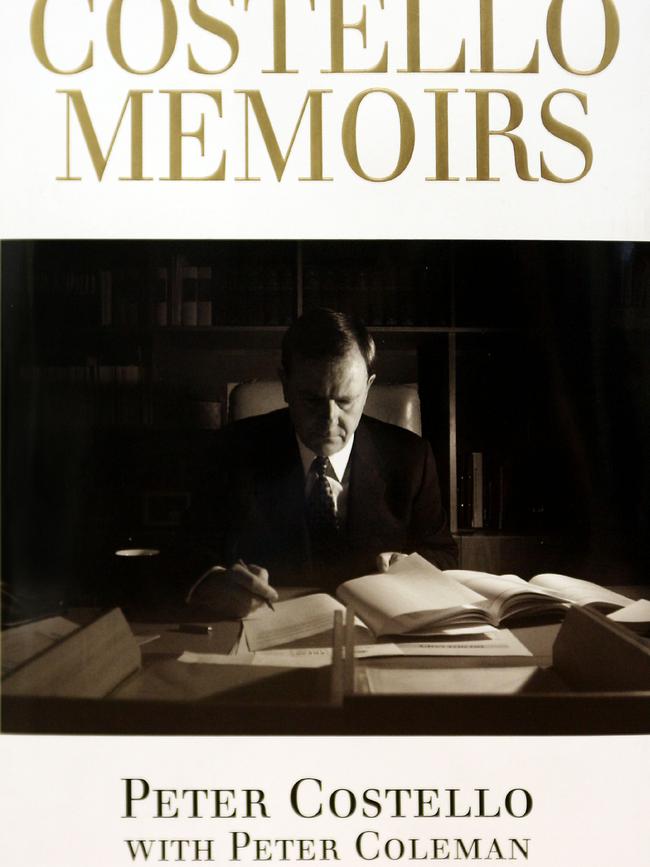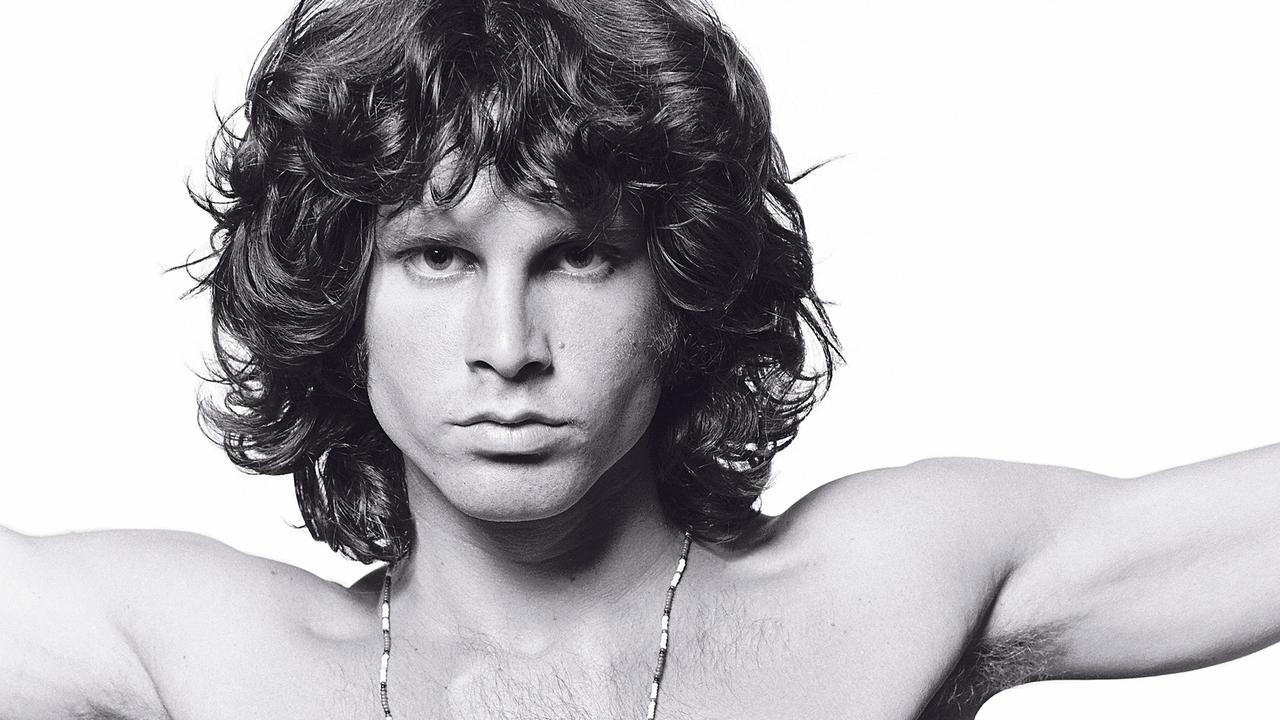Truly great man of letters: Writer, intellectual and former politician Peter Coleman dies, aged 90
Author, editor, essayist, journalist and former politician Peter Coleman AO has died, aged 90.
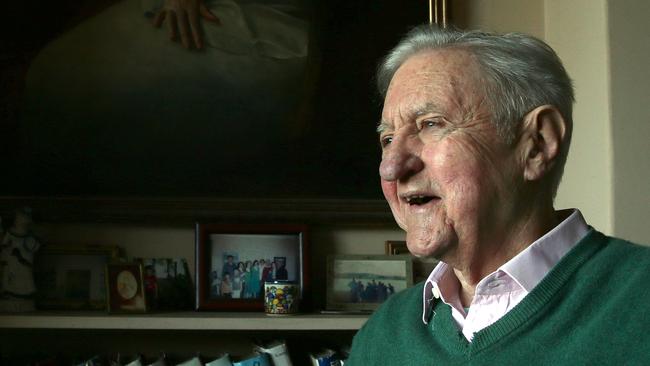
Former politician, writer and intellectual Peter Coleman has died at the age of 90.
His son-in-law, former treasurer Peter Costello, paid tribute to him today as a “warrior for intellectual freedom”.
“I think his greatest contribution to Australia was as a very distinguished writer and fighter in the cause of intellectual freedom,” he told The Australian.
Coleman represented the Liberal Party in the NSW and federal parliaments.
He was also a prodigious author, editor, essayist and journalist — writing and editing numerous books on topics ranging from censorship and the intellectual battles of the Cold War to biographical works on Barry Humphries, Bruce Beresford and poet James McAuley.
In 2008, he helped to write the The Costello Memoirs with Mr Costello.
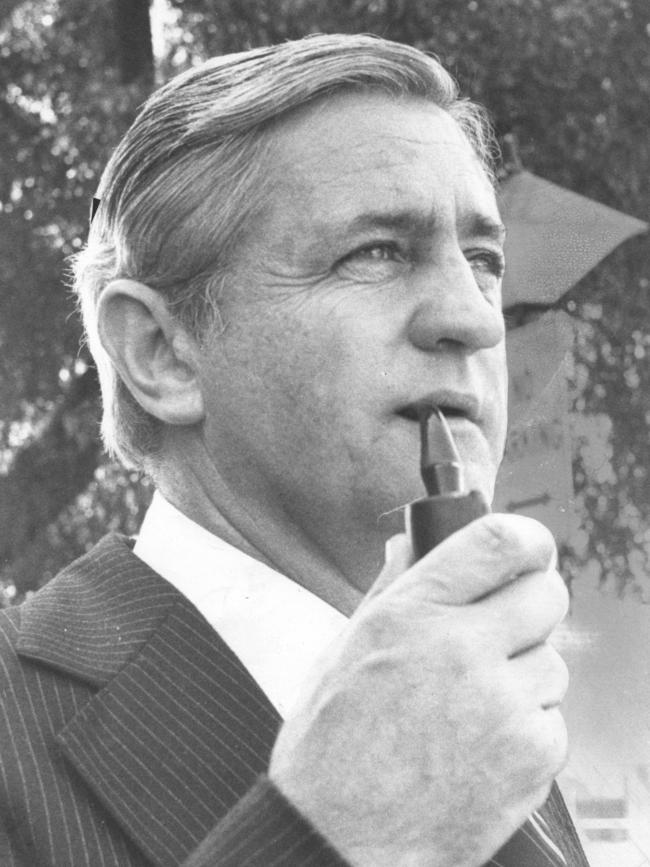
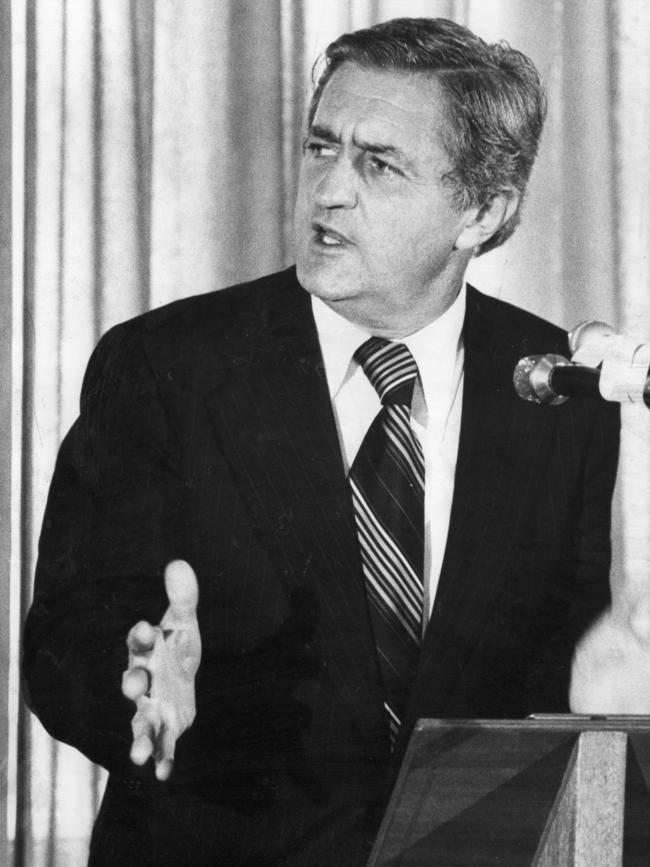
Coleman was the member for the federal seat of Wentworth, in Sydney’s eastern suburbs, from 1981 to 1987. He was first elected at a by-election following the resignation of Bob Ellicott in the Fraser government. He then served in opposition during the Hawke government and was succeeded by former Liberal opposition leader John Hewson.
Prior to that, Coleman spent 10 years in the NSW Legislative Assembly from 1968 to 1978, serving as a minister, and then in his final year, as Opposition leader. He lost to Labor’s Neville Wran.
In between, he served as administrator of Norfolk Islands from 1979 to 1981.
However, he made an even more lasting impact through his writing and editing.
Coleman was editor of the now defunct magazine The Bulletin from 1964 to 1967.
He then became Quadrant editor from 1967, almost continuously until January 1990, remaining in the role during his parliamentary career, and helping to define the monthly magazine.
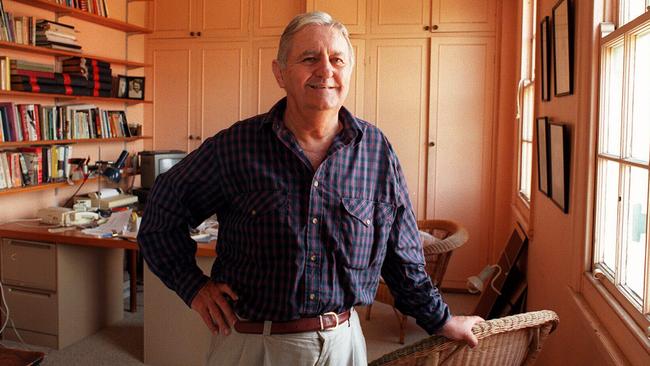
Mr Costello said his father-in-law started off life “as a bit of a radical”. His first book decried censorship in Australia.
“Like many, he was shocked when the gates opened, at what it unleashed,” Mr Costello said.
“He revised his opinions and became much more conservative.”
Quadrant editor-in-chief Keith Windschuttle said Coleman was one of Australia’s “truly great men of letters” and made a remarkable contribution to the intellectual life of Australia.
In a piece to mark Coleman’s appointment as an officer of the Order of Australia, Windschuttle said Coleman had made Quadrant a major source of literary essays, art, film and theatre criticism and essays on history, philosophy, politics and religion.
Coleman died on Sunday night at a nursing home. His family had been gathered with him during the day.
